TRAVEL TIPS: How To Deal With Noise
My biggest pet peeve about traveling life is excessive noise. And Asia can be very noisy. There’s traffic noise: two-stroke motorbike engines, horn honking and the roar of massive traffic. There’s people noise: screaming children, chattering groups and adults who talk at yelling volumes. There are modern life noises: blasting TVs, public loud-speakers, and construction. Excessive noise can be deafening and overwhelming. I often find it enraging.
But here I am in Asia. And I’ve been here since 1991, give or take a few trips abroad. So I’ve had to deal with a lot of noise. For a long time.
Over the years I’ve developed many tactics to ensure that I don’t lose my mind, go deaf or blow someone up. (just kidding) I group these techniques into four categories:
Avoid Noise / Eliminate the Noise / Block Out the Noise / Change Your Attitude
Instead of getting aggravated, stressed out, angry or manic, it’s much better to take some sort of effective action.
Before I get into details on anti-noise techniques, here are some observations I’ve made about why there’s so much noise to deal with in the first place.
Realities of budget travel
I’ve concluded that most of the daily noise I have to contend with is a result of being a budget traveler. Taking public transportation, as opposed to one’s own vehicle or hired private transport, forces budget travelers like me to deal with a lot of noise that wealthier travelers don’t experience.
Public buses can be crowded, and the more people, the more noise. Buses often have screaming children, loud-talking adults and sometimes even roosters, chickens or goats. With open bus windows, the roar of adjacent traffic is much louder than in an enclosed vehicle.
Then there are rattling windows, shaking drape holders, creaking doors and grumbling engines. In some countries, bus drivers play eardrum-breaking music or movies that blast through the entire bus.
When it comes to accommodation, budget housing can be much noisier than upscale hotels and resorts. Not always, but often. Luxury hotels tend to be constructed of thick walls and dense materials.
Budget places might have thin walls, loud TVs blaring, noisy staff. They are sometimes located right beside noisy streets, night clubs, markets or loud neighbors. Luxury properties usually avoid all that by being set off streets in large properties surrounded by gardens and thick walls. Staff are highly trained to respect guests’ privacy and solitude.
Realities of Asia
Most Asian countries have high population densities. Lots of people are packed into small areas. The more people, generally the more noise. It also means densely concentrated traffic noise. Asians often prefer to live, socialize and travel in groups. And groups are usually noisy.
In addition, Asians deal with zoning laws (or lack of), children and noise much differently than westerners.
I don’t know why, but Asians in all countries I’ve visited seem to be completely immune to/unaware of the raging noise all around them. They don’t seem to notice screaming, racing children or loud groups. Don’t seem to be aware of roaring traffic or horns, nor construction, nor blasting TVs or music.
As for noisy kids, in Asia children are everywhere, unlike in western societies where kids are a lot more segregated from daily public life. There, kids spend most of their time in schools, their homes and neighborhoods, camps or clubs.
Residential neighborhoods generally are separated from commercial and industrial areas. In public, kids are generally with adults, not on their own.
But in Asia, kids are everywhere. They hang out in their parents’ shops, restaurants, hotels. In fact the family business and homes are often the same place. Commercial and residential properties are often completely mixed together.
And Asians generally seem to give their kids a lot more freedom in public spaces- to run, scream, yell anywhere and everywhere. School in many countries lasts only half day- in mornings, after which time kids are out and about.
All these factors result in children being around everywhere, all the time, from morning until night, running around laughing, screaming and playing.
Having set the scene, here are my techniques for dealing with this loud environment:
Techniques A: Avoid Noise
Avoid Noise tactics basically entail trying to avoid as many potentially noisy situations as possible. Here are some options:
1. Go upscale
The further away from budget accommodation you can get, the quieter an environment you’ll find yourself in, generally speaking. This is just a generalization, though. I’ve stayed in many, many quiet budget places. I’ve also stayed in 5-star resorts with ceilings so thin I could hear every movement of my upstairs neighbors!
2. Use private transportation
Avoiding public transportation will remove you from a lot of noise. With your own transportation you can control your environment. Join a small tour group. They use private vans or small buses and transport their guests door to door.
3. Inspect hotels and hotel rooms in person before taking a room
Some hotels are much noisier than others, especially in the budget range. Following are things to look for when checking out hotels, guest houses, home stays, resorts or any accommodation you’re considering. If the hotel is noisy, go find a different place.
Look for loud-speaking staff, loud tvs or music, thin walls, open room vents.
Check out the immediate neighborhood: proximity to road/traffic, proximity to parking lot, proximity to main walkways/traffic flow. Are there schools, mosques, bars/night clubs or construction projects? Farm animals? Does the hotel itself have any renovation or construction projects in swing?
Stand inside the room with the door closed for a few minutes and listen. Is it quiet or not?
Who are the other guests? These travelers tend to be noisy: families, party-ers, groups, Asians especially Chinese. (* please note- I’m not making any judgment calls here, just reporting my personal observations over 14 years of travel)
4. Get rooms away from main roads
The rooms in a given hotel or home stay are not created equal when it comes to noise/quiet. Some rooms might be very noisy while others are really quiet.
Request rooms away from streets, toilets, kitchens and restaurants, common rooms, lobbies, hotel reception, dorms (if any), parking lots.
5. Stay in more rural areas instead of cities, off-track places rather than popular tourist spots
This seems like a no-brainer. Generally speaking, rural and off-track areas are quieter than cities and major tourist spots.
But there are many many exceptions to this generalization! I’ve been in little-visited rural places all over Asia- beaches, islands, remote villages, mountain towns – that proved to be exceedingly noisy due to either people or traffic. And some city accommodation is very quiet.
Unfortunately, you can’t just assume rural and off-track places will be quiet. There’s a good chance they will, but you might be surprised from time to time. Therefore, this is just a general rule of thumb.
6. Avoid visiting noisy cultures (check with guidebook)
Some countries and cultures are just noisy. That’s just how they are. Vietnam is one of the noisiest countries I’ve ever visited, while neighboring Cambodia is infinitely quieter. Singapore is a full-on modern city of skyscrapers, but most of its accommodation is pretty quiet.
If you really hate noise, one option is to simply skip countries that are particularly noisy. Any guidebook will tell you about annoyances and cautions for each country.
7. Avoid major roads if possible- use side roads
In terms of actual travel, smaller country side roads can be a lot quieter than major highways. They can make the difference between a very enjoyable, scenic drive and a stressful, heavily trafficked drive from hell.
Techniques B: Block Out the Noise
If you can’t avoid noise for one reason or other, a great way to deal with a noisy environment is to block it out. I’m talking about physically blocking it out, not mentally. (get to that later)
1. Wear headphones with your favorite entertainment
Headphones are fantastic for blocking out noise! Listen to whatever you like best: your favorite music, audio book, movies or games. This technique is a double treat. Not only do you block out the annoying environment around you, but you get entertainment too!
2. Use ear plugs
Not all ear plugs are created the same! They’re made of a variety of materials from puffing foam to silicon. The most effective ones I’ve found are made of silicon and sold in Thailand. If you find the right ear plugs to fit your ears, they are extremely effective at blocking out noise.
3. Use your fan or a/c as white noise
I love heat, so I rarely need to use even a fan in the tropics and I always avoid a/c. But sometimes I turn a fan on at night just to block out noise. That works quite well, especially in conjunction with earplugs.
4. Use running water as white noise
I recently discovered this great noise blocker when stuck in budget rooms near roads full of zooming traffic in Java, Indonesia. My earplugs alone just did not cut it. While showering, I noticed the water really blocked out the traffic roar. So I simply left the water running all night.
I know, I know, this is not ecologically sound. So it’s your call on this one. But running water does block out noise extremely well!
Alternately, natural running water: streams, waterfalls, the ocean also serve a excellent white noise. Staying close to naturally flowing water will often block out any other noises in the area.
Techniques C: Eliminate the Noise
1. Ask people to be more quiet
Some noises can be illuminated simply by asking people politely to be more quiet. Others noises can’t.
Obviously you can’t stop traffic noise and generally not construction, either. But you might be able to tone down the noise from children, loudly talking adults, loud tvs, music and sometimes even construction.
How to:
Approach people with in a friendly manner, with a smile or apologetic expression and body language. Explain your situation so they’ll understand your perspective. Perhaps you need to work, you’re tired or sick, you want to sleep or relax. Be apologetic.
Ask very politely if they could be more quiet. The responses will vary. But at least you have a chance to get the peace and quiet you’re craving if you ask for it.
Most westerners most times will readily agree and even apologize. North Americans are the most understanding. Ninety percent of time they’re also very apologetic. I’ve found more resistance, sometimes effrontery or defensiveness, with Europeans, especially Germans and French.
Asians are a completely different story. From what I’ve observed, in general, they don’t seem to have the concept that loud noise could be bothersome. Therefore, when I politely ask them to be more quiet, I commonly get bewilderment, non-comprehension, annoyance, sometimes even anger or resentment. Sometimes they completely ignore me and my request. Sometimes they’ll quiet down for a while, but rather reluctantly.
I’ve noticed that people in more upscale places are generally more understanding.
2. Leave
If you can’t remove the noise and it becomes overwhelming, in most situations you can simply remove yourself and find a quieter location.
Technique 4: Change Yourself
1. Learn to mentally block it out
Focus on thoughts and feelings you like: favorite places, endearing experiences, plans, people you like. Whatever. If you can immerse yourself in something completely, you’ll be surprised how much outside noise and clutter will fade into oblivion.
2. Embrace it
Change your attitude about the situation, the people, the noise. Take a stance that it’s enjoyable or fun. Find something you like about it. Immerse yourself in it. You might be surprised to discover that something that formerly drove you nuts is suddenly actually rather enjoyable.
Conclusions:
As can be seen, there are many different ways to deal effectively with excessive noise while traveling. One or other of these techniques should work for just about any situation you’ll encounter.
Taking appropriate action to deal with noise will make your travel life a lot more pleasant. It’s certainly much more effective and healthy than getting angry, stressed or annoyed.
Happy travels!
You might also like to learn 8 Strategies for Avoiding Mosquitoes While Sleeping
QUESTIONS:
Are you bothered by lots of noise when traveling?
If so, how do you deal with it?
Do you have any other good tips or techniques to add?

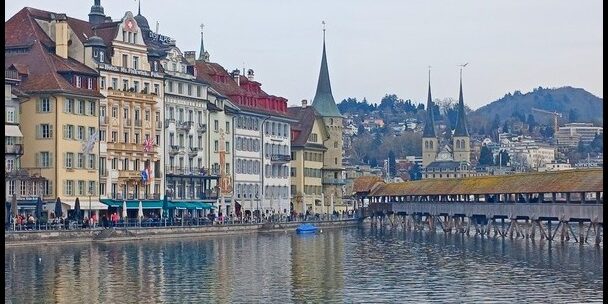

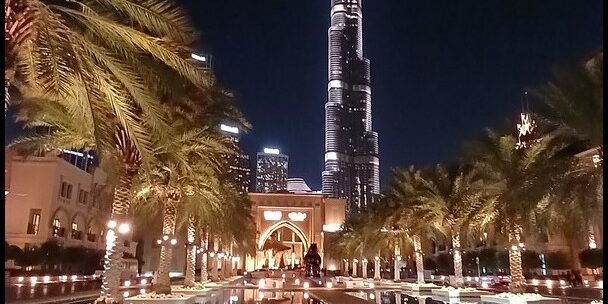



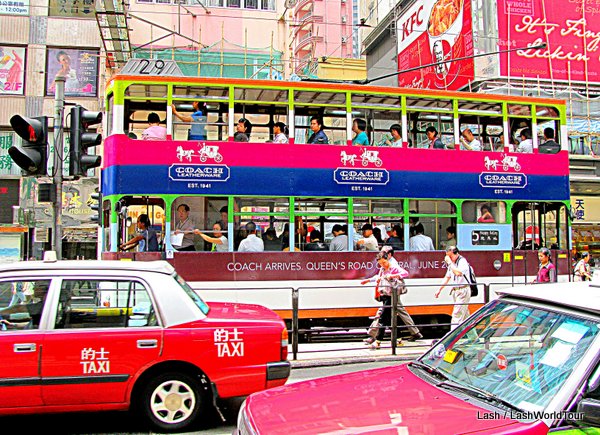

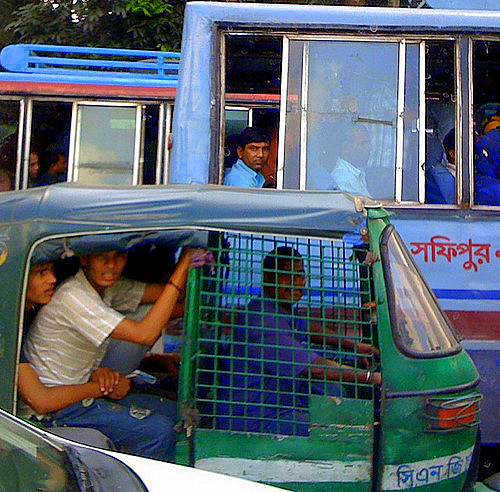

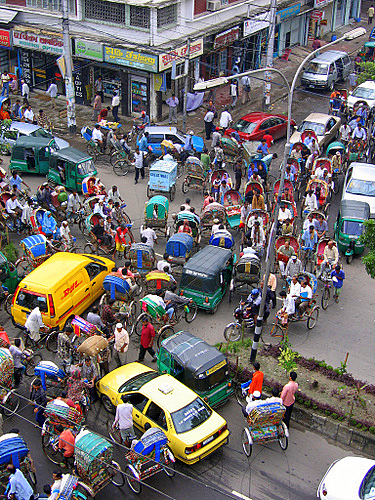

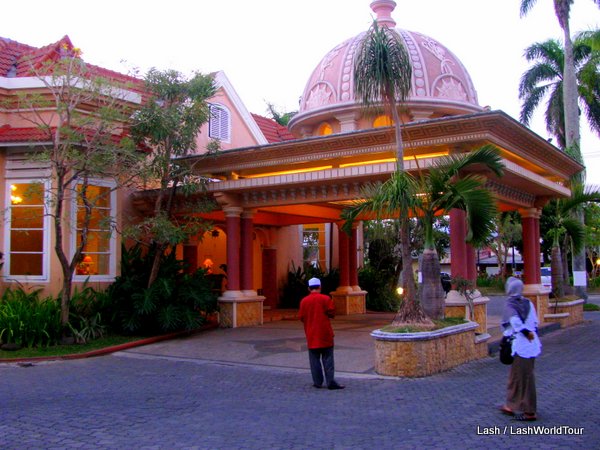
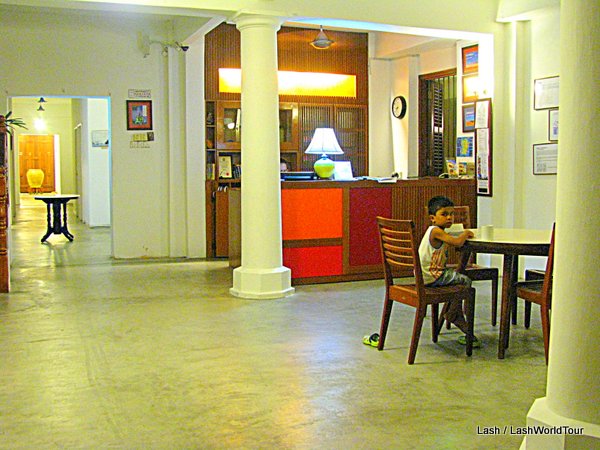
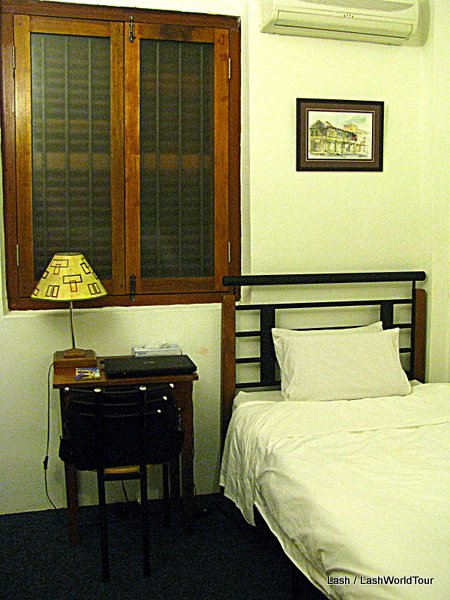
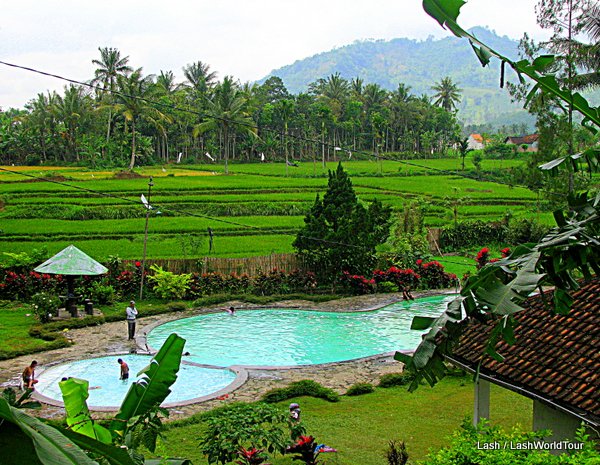
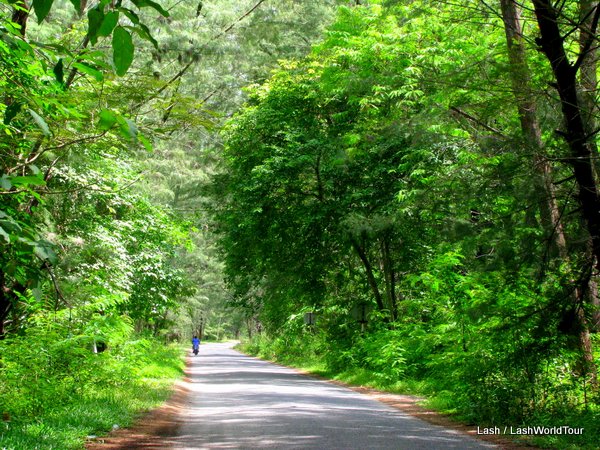

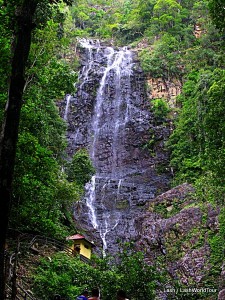



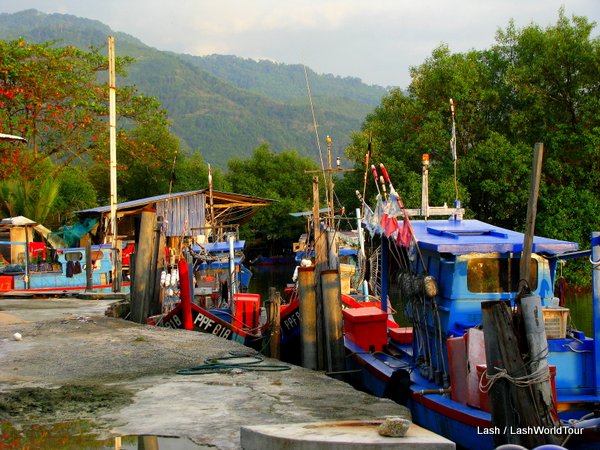

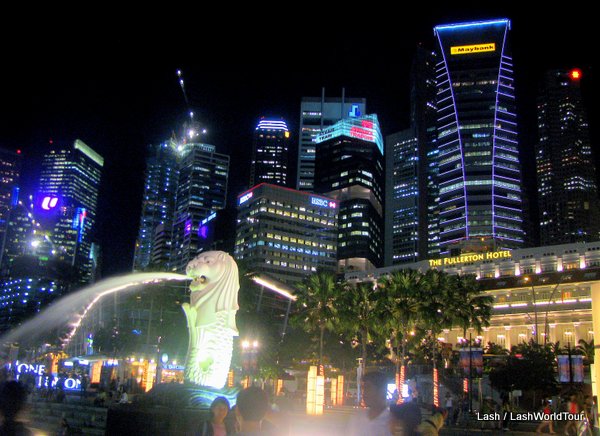

 Hi! I'm Lash, an American nomadic world traveler who's been traveling solo since 1998. I’m passionate about traveling the world nomadically and then sharing it all with you. I hope to inspire you to travel the world, to entertain you with tales from the road, and to help you reach your travel dreams. Welcome!
Hi! I'm Lash, an American nomadic world traveler who's been traveling solo since 1998. I’m passionate about traveling the world nomadically and then sharing it all with you. I hope to inspire you to travel the world, to entertain you with tales from the road, and to help you reach your travel dreams. Welcome! 


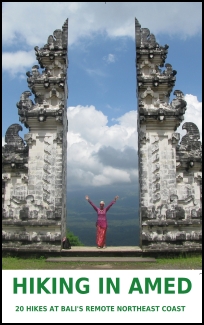
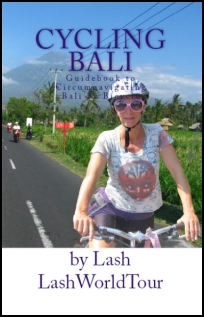
1 pings